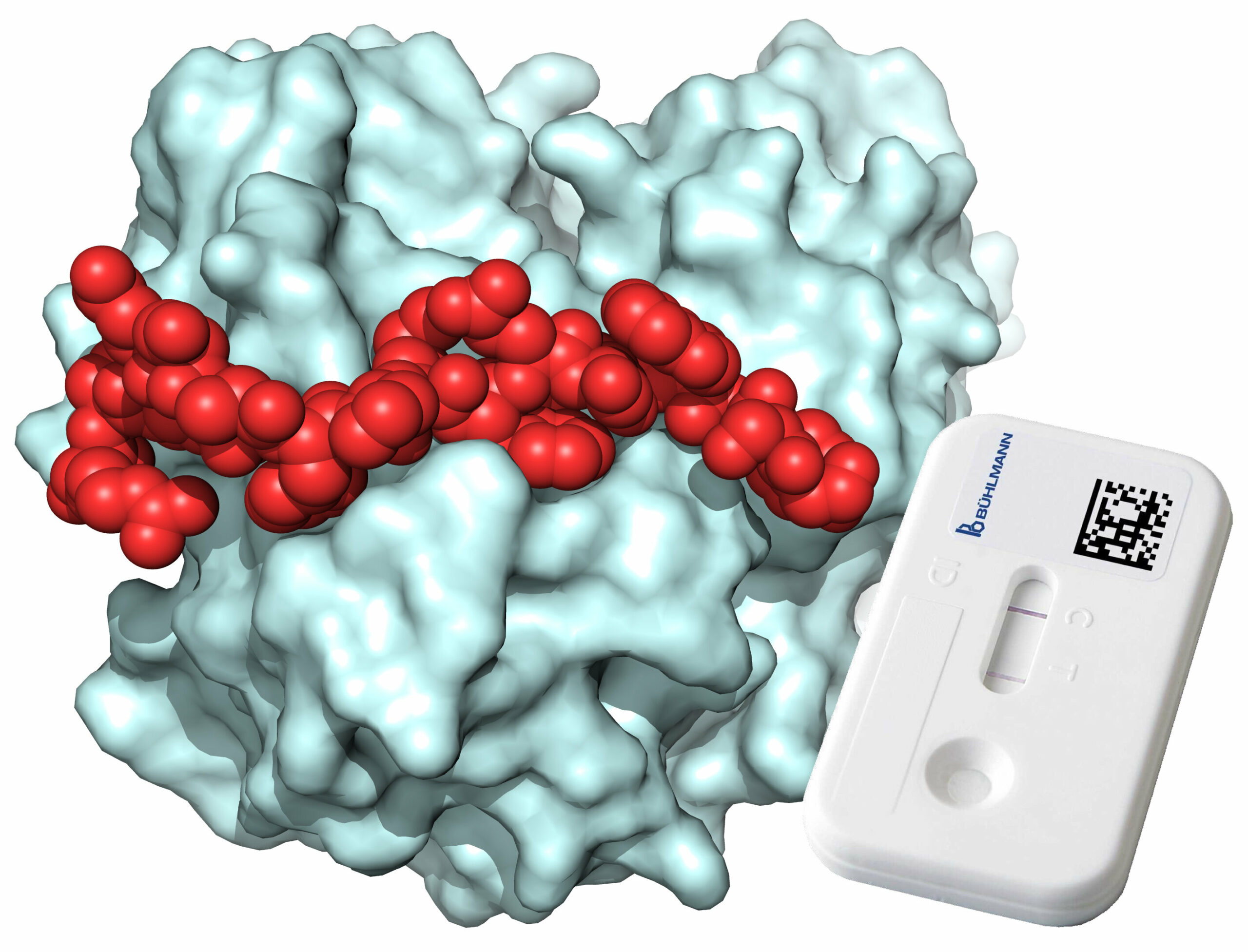Inflammatory disorders such as ulcerative colitis, Crohn’s disease, and rheumatoid arthritis can be diagnosed or monitored by measuring the protein calprotectin in stool samples or serum levels. Antibody-based calprotectin assays are commonly used for this purpose, but they can produce inconsistent results due to variations in antibodies. Peptides have emerged as a potential alternative to antibodies for detecting and measuring disease markers like calprotectin.
Peptides as a Solution
Peptides are short sequences of amino acids that can bind to proteins with high affinity and selectivity. They can be chemically produced with high purity and homogeneity, making them a viable alternative to antibodies. Peptides are also stable over time, cheaper to produce than antibodies, and have lower inter-batch variability. Additionally, peptides can be attached to a specific location on a surface, simplifying diagnostic assay development.
Development of Calprotectin Ligands Based on Peptides
Christian Gerhold, CTO of diagnostics company BÜHLMANN, collaborated with Professor Christian Heinis at Swiss Federal Institute of Technology Lausanne (EPFL) to develop human calprotectin ligands based on peptides. Cristina Diaz-Perlas, a postdoc in Heinis’s group, isolated several binders of calprotectin from a library of over 500 billion peptides. The best peptide had a dissociation constant of 26 nM, making it a good candidate for diagnostic tests.
The peptide developed can bind to a large surface region of calprotectin and to a specific form of calprotectin that is the relevant species in patient samples. Under the guidance of Benjamin Ricken at BÜHLMANN, the peptide was tested in lateral flow cassettes and found suited for accurate detection and quantification of calprotectin. A proof-of-concept study was carried out to quantify the concentration of calprotectin in serum obtained from patient blood samples.
This peptide is the first synthetic affinity reagent that could be generated against the biomarker calprotectin. “The EPFL and BÜHLMANN teams are currently performing more tests with the calprotectin-specific peptide to translate the assay into a product that can bring the diagnostic power of this increasingly important biomarker to a new level to help patients suffering from inflammatory diseases,” says Christian Heinis.


Leave a Reply